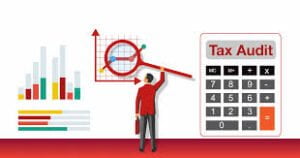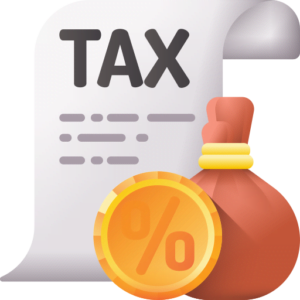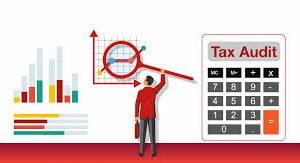
This is a general template for a tax audit report and does not constitute professional tax advice. It’s crucial to consult with a qualified tax professional to ensure compliance with specific tax laws and regulations applicable to your jurisdiction.
Tax Audit Report
Introduction
This report presents the findings of a tax audit conducted on [Company Name] for the financial year ending [Date]. The audit was conducted to assess the company’s compliance with relevant tax laws and regulations.
Scope of the Audit
The audit scope included:
- Review of financial records, including income statements, balance sheets, and cash flow statements
- Examination of supporting documentation for income, expenses, and deductions
- Assessment of compliance with relevant tax laws and regulations
- Identification of potential tax risks and areas for improvement
Audit Methodology
The audit was conducted using a combination of the following methods:
- Review of financial records: A detailed review of the company’s financial records was conducted to verify accuracy and completeness.
- Document inspection: Supporting documentation for income, expenses, and deductions was examined to assess validity and relevance.
- Analytical procedures: Analytical procedures were used to identify trends, inconsistencies, and anomalies in the financial data.
- Inquiry and discussion: Interviews were conducted with key personnel to gather additional information and clarify specific issues.
Audit Findings
1. Income Recognition and Reporting
- Revenue Recognition:
- [Specific finding, e.g., “Revenue from project X was recognized prematurely.”]
- [Recommendation, e.g., “Review revenue recognition policies and procedures to ensure compliance with relevant accounting standards.”]
- Transfer Pricing:
- [Specific finding, e.g., “Transfer pricing arrangements with related parties may not be in line with arm’s length principles.”]
- [Recommendation, e.g., “Conduct a detailed transfer pricing study to assess the reasonableness of intercompany transactions.”]
2. Expense Claims and Deductions
- Expenditure Incurred:
- [Specific finding, e.g., “Certain expenses may not be directly attributable to business income.”]
- [Recommendation, e.g., “Review expense classification and allocation to ensure proper tax treatment.”]
- Depreciation and Amortization:
- [Specific finding, e.g., “Depreciation and amortization methods may not be in compliance with tax regulations.”]
- [Recommendation, e.g., “Review depreciation and amortization policies to ensure compliance with tax laws.”]
3. Tax Compliance and Reporting
- Tax Returns:
- [Specific finding, e.g., “Errors were identified in the calculation of certain tax liabilities.”]
- [Recommendation, e.g., “Review tax return preparation procedures to ensure accuracy and completeness.”]
- Withholding Taxes:
- [Specific finding, e.g., “Withholding taxes may not have been deducted and remitted in a timely manner.”]
- [Recommendation, e.g., “Review withholding tax procedures and ensure compliance with tax regulations.”]
4. Other Tax Issues
- Indirect Taxes:
- [Specific finding, e.g., “Input tax credit claims may not be supported by adequate documentation.”]
- [Recommendation, e.g., “Review input tax credit claims and ensure compliance with indirect tax laws.”]
Overall Assessment
Based on the audit findings, the company’s overall tax compliance is [Assessment, e.g., “satisfactory” or “requires improvement”]. However, certain areas identified in this report require attention to mitigate potential tax risks.
Recommendations
To address the identified issues and improve overall tax compliance, the following recommendations are made:
- Enhance Internal Controls: Implement robust internal controls to ensure accurate and timely recording of transactions.
- Review Tax Policies and Procedures: Regularly review and update tax policies and procedures to reflect changes in tax laws and regulations.
- Conduct Regular Tax Health Checks: Conduct periodic tax health checks to identify potential compliance issues and take corrective action.
- Engage with Tax Professionals: Seek advice from qualified tax professionals to ensure optimal tax planning and compliance.
Conclusion
This tax audit report provides an overview of the company’s tax compliance position for the financial year under review. By addressing the identified issues and implementing the recommended actions, the company can enhance its tax compliance posture and minimize potential tax risks.
[Signature] [Name] [Designation] [Date]
Note: This is a basic template, and the specific content and level of detail will vary depending on the complexity of the company’s operations, the scope of the audit, and the specific tax issues identified.







Reviews
There are no reviews yet.